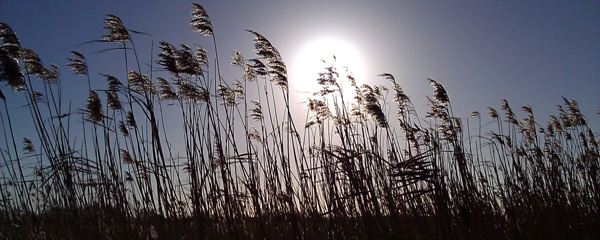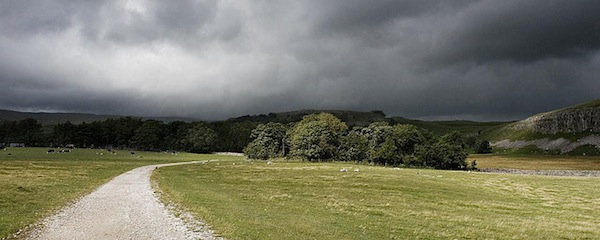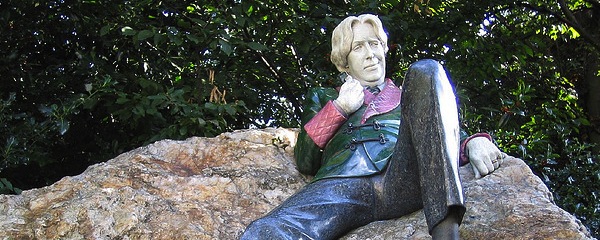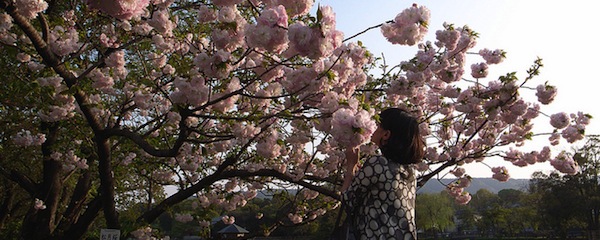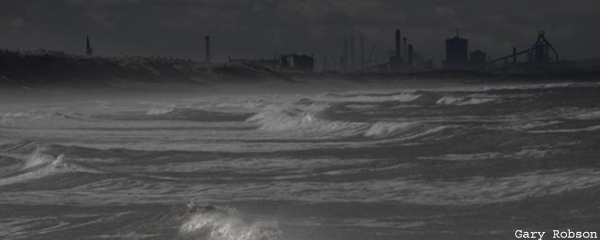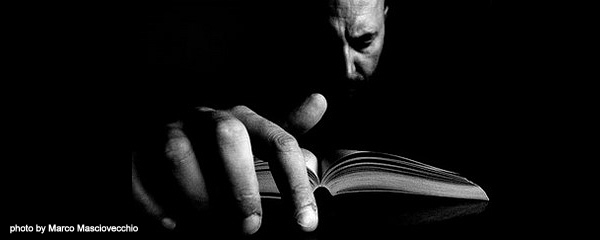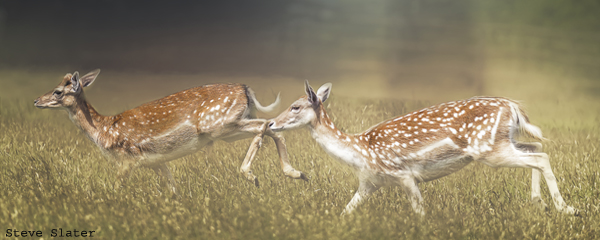CHRISTINE GENOVESE considers the influence of fairy tales on the short stories of Thomas Hardy: ‘The magic in ‘The Fiddler of the Reels’ is illusory. Hardy does not pull rabbits out of hats. That would upset the balance…’
FRANCESCA CREFFIELD explores the life and writing of George Mackay Brown: ‘…once I started reading the stories I was immersed in a rich culture of storytelling unlike any I had ever known before. Gone were the creative writing rules of beginning, middle and end…’
PRATIBHA CASTLE takes a reflective look at Kevin Barry’s award-winning short stories: ‘Barry’s stories creak with trouble. His words throb dark and heavy on the page. His landscapes are hostile…’
JOHN VERLING loses himself in The Essential James Joyce at Christmastime: ‘I’d never thought of Joyce as a page turner, but I read ‘The Dead’ in double quick time, totally taken aback by its depth yet its simplicity…’
ELEANOR FITZSIMONS discusses Oscar Wilde’s ardent storytelling and the stories we never got to read: ‘His own popularity was assured by his eagerness to entertain, to the extent that society hostesses took to including the words ‘to meet Oscar Wilde’ on invitations, in a bid to boost attendance at their gatherings…’
KENNETH OKPOMO takes a closer look at one of Nigeria’s literary talents: ‘Helon Habila’s ascendancy into literary fame and stardom did not come by accident or chance; he worked hard for it…’
‘Consider the word ‘quirky’. Consider the number of times the word is applied to the works of Ali Smith … But maybe it’s not that these stories are ‘quirky’, it’s that so many others are too sedate…’ TRACY MAYLATH looks beyond the quirkiness of Ali Smith’s stories.
PAT TOMPKINS considers the flawed but powerful story of human aspiration and the consequences of industrialisation: ‘Life in the Iron Mills’ brings us a view of outsiders, those ignored and disdained by the wider society. As the best short stories do, it gives voice to the lonely…’
HOLLY DAWSON examines the themes and preoccupations of David Constantine’s short stories: ‘If there were a handbook on how to be human when sadness and cruelty are an intrinsic part of being alive, Tea at the Midland would be it…’
NEIL CAMPBELL pauses for thought in the world of David Constantine: ‘The contemplation of those moments helps our humanity, and it helps Mr Carlton, provides solace. Constantine, like Hemingway before him, has a naturalist’s eye for observed detail.’
